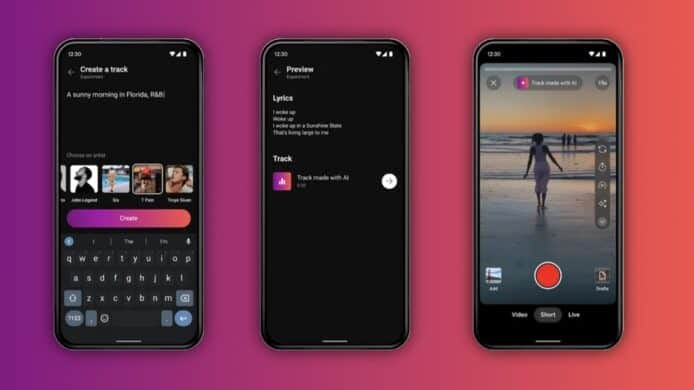Billie Jenner, Amber Hilton and the Digital Doppelgänger Dilemma.
In 2023, identity was more than a buzzword; it was the headline act. Hollywood's elite were in uproar, with writers and unions striking back against the surge of AI-generated content. Today, big names like Tom Hanks and Stephen Fry are openly criticising AI for unauthorised imitations, with Hanks battling against the use of his voice and likeness in ads, while Fry is incensed by an AI clone fronting a documentary without his consent. Even tech enthusiast Will.i.am is expressing concern over the risks to our 'facial math' in this digital era.
But it's not all resistance and rants in Tinseltown. Some are riding the AI wave, making it their surfboard in the sea of change. During the creation of the Obi-Wan Kenobi TV series, 91 year old James Earl Jones signed off on allowing Disney to replicate his vocal performance as Darth Vader, employing an AI voice to future proof the character.
Peter Jackson's AI wizardry harnessed AI to fill in the gaps of John Lennon's voice to create a final Beatles single and it now appears this technology isn't just a one-hit wonder; it's a trend that's about to go mainstream.
YouTube Dream Track clones singers' voices (with their permission) so that YouTube Creators can generate bespoke tracks for their content. 'Write me a song about washing my car in the style of Charlie XCX' will create a unique track in seconds. The generated song will sound like the artist and more importantly it will be fully authorised. Musical heavyweights already signed up include John Legend, Demi Lovato and SIA and with YouTube planning to share the profits generated with both the YouTube Creator and the artist, the musicians will have an army of fans creating new music on their behalf, generating multiple revenue streams without them lifting a manicured or guitar calloused finger.
YouTube Dream Track
In a parallel multiverse, Meta is trialling celebrity Ai assistants across Whatsapp and Messenger. Have a conversation with Paris Hilton, Tom Brady, Kendall Jenner or 25 other celebrity BFF’s on topics ranging from gaming to sport, cooking and fashion. The likeness of the assistants are fully endorsed, the videos look like the celebs and sound like the celebs but strangely have different names such as 'Billie Jenner' and 'Amber Hilton'. Whatever they're called it is an obvious play by Meta to engage a younger audience where the assistants will inevitably end up recommending a product. This will feel like a recommendation from a friend, a kind of word of digital mouth - and with data showing that 88% of consumers trust recommendations from friends - ker-f*****g-ching.
Meta Ai Chatbots
Talking of profanity, some suggest that swearing is the future of identity protection, at least until large language models learn to curse. If your digital twin isn't dropping F-bombs like you, it's a dead giveaway and your audience will instantly smell a fake.
Blasphemous or not, the technology isn't going anywhere and as we navigate this brave new world, there is an obvious split. The savvy progressives who are embracing AI and attempting to turn it into a tool for greater engagement and control whilst others sit this one out, wary of where it's heading. It's a digital dance reminiscent of the early days of digitised music. Will the Metallicas of resistance or the Radioheads of adaptation define our future? Only time, and perhaps AI, will tell.



